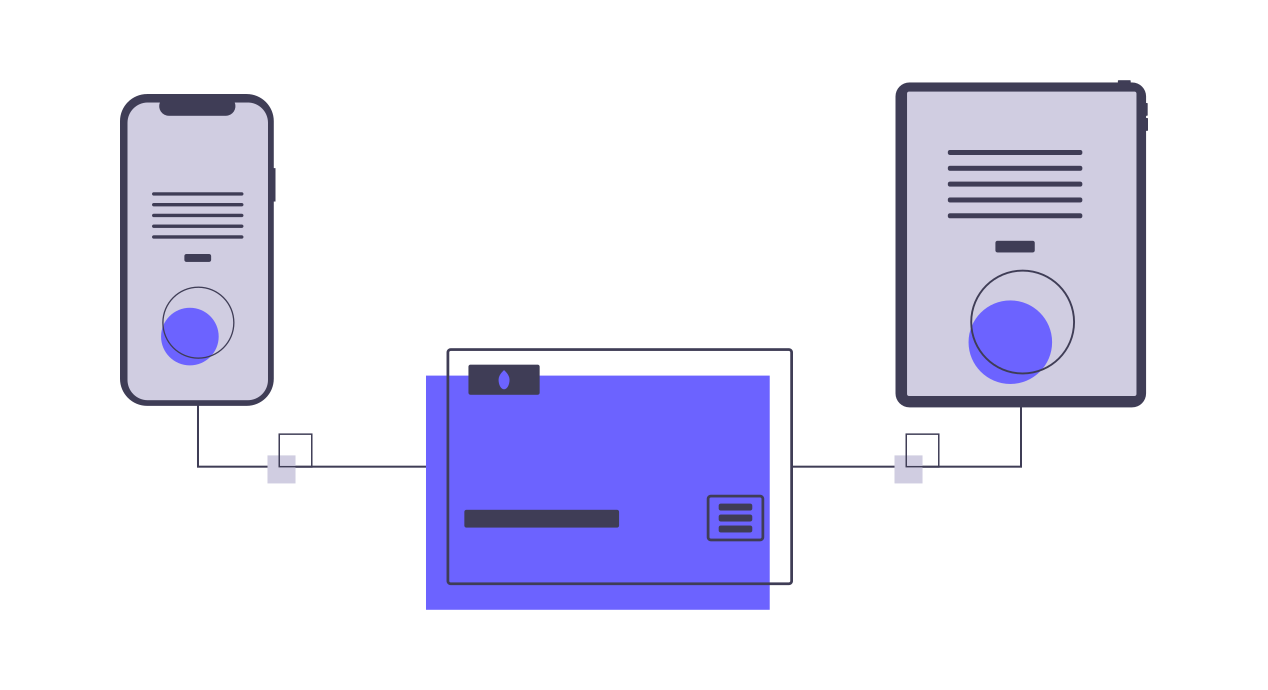In the ever-evolving world of business, customer relationship management (CRM) systems have become indispensable. However, the integration of artificial intelligence (AI) with CRM systems is transforming the landscape, bringing a new level of efficiency and personalization to customer interactions. This blog explores the multifaceted benefits of integrating AI with CRM and how it can significantly enhance customer relationships and drive sales.
Unleashing the Power of AI in CRM
1. Data Enrichment and Management
AI enhances CRM systems by automating the process of data collection and management. With AI, businesses can:
- Automate Data Entry: Reduce manual data entry errors and save time.
- Real-Time Data Updates: Ensure that customer data is always current.
- Data Cleansing: Remove duplicates and inconsistencies for accurate insights.
2. Predictive Analytics for Customer Insights
AI-powered predictive analytics provide deeper insights into customer behaviors and trends. Key benefits include:
- Customer Segmentation: Group customers based on purchasing behavior, preferences, and demographic information.
- Sales Forecasting: Predict future sales trends and customer needs.
- Churn Prediction: Identify customers at risk of leaving and take proactive measures.
3. Enhanced Customer Interaction
AI-driven CRM systems improve customer interactions through personalized and efficient communication. Features include:
- Chatbots and Virtual Assistants: Provide instant responses to customer inquiries.
- Personalized Communication: Tailor messages based on individual customer data.
- 24/7 Availability: Offer round-the-clock customer support.
Streamlining Sales Processes
1. Lead Scoring and Management
AI helps in efficiently managing leads by automating the scoring process. This allows sales teams to focus on high-potential leads, improving conversion rates. Benefits include:
- Automated Lead Scoring: Rank leads based on engagement and likelihood to convert.
- Lead Nurturing: Automatically follow up with leads through personalized communication.
- Sales Pipeline Management: Visualize and manage the sales pipeline more effectively.
2. Sales Process Automation
AI can automate various aspects of the sales process, freeing up time for sales representatives to focus on closing deals. This includes:
- Automated Follow-Ups: Schedule and send follow-up emails based on customer interactions.
- Task Management: Automatically assign tasks to sales representatives based on lead status.
- Document Automation: Generate and send quotes, contracts, and proposals.
3. Performance Analytics
AI-driven analytics provide valuable insights into sales performance, enabling continuous improvement. Features include:
- Sales Metrics Tracking: Monitor key performance indicators (KPIs) such as conversion rates and average deal size.
- Performance Dashboards: Visualize sales data through customizable dashboards.
- Actionable Insights: Receive recommendations for improving sales strategies.
Enhancing Customer Experience
1. Personalization at Scale
AI enables businesses to deliver personalized experiences at scale, ensuring each customer feels valued. This includes:
- Dynamic Content Delivery: Show personalized content based on customer behavior and preferences.
- Tailored Recommendations: Offer product or service recommendations based on past purchases and browsing history.
- Customer Journey Mapping: Track and optimize the customer journey for better experiences.
2. Proactive Customer Service
AI allows businesses to anticipate customer needs and provide proactive service. Benefits include:
- Predictive Maintenance: Identify potential issues before they become problems.
- Proactive Outreach: Contact customers with relevant offers and information before they ask.
- Feedback Analysis: Analyze customer feedback to identify areas for improvement.
3. Seamless Multi-Channel Support
AI integration ensures consistent and seamless customer support across multiple channels. This includes:
- Omnichannel Support: Provide support through email, chat, social media, and more.
- Unified Customer View: Access a single view of customer interactions across all channels.
- AI-Driven Support: Use AI to provide consistent and accurate responses across channels.
Conclusion
The integration of AI with CRM systems is revolutionizing the way businesses manage customer relationships and drive sales. By leveraging AI's capabilities in data enrichment, predictive analytics, and automation, businesses can enhance customer interactions, streamline sales processes, and deliver personalized experiences at scale. As AI technology continues to advance, its integration with CRM will become even more integral to achieving business success.


